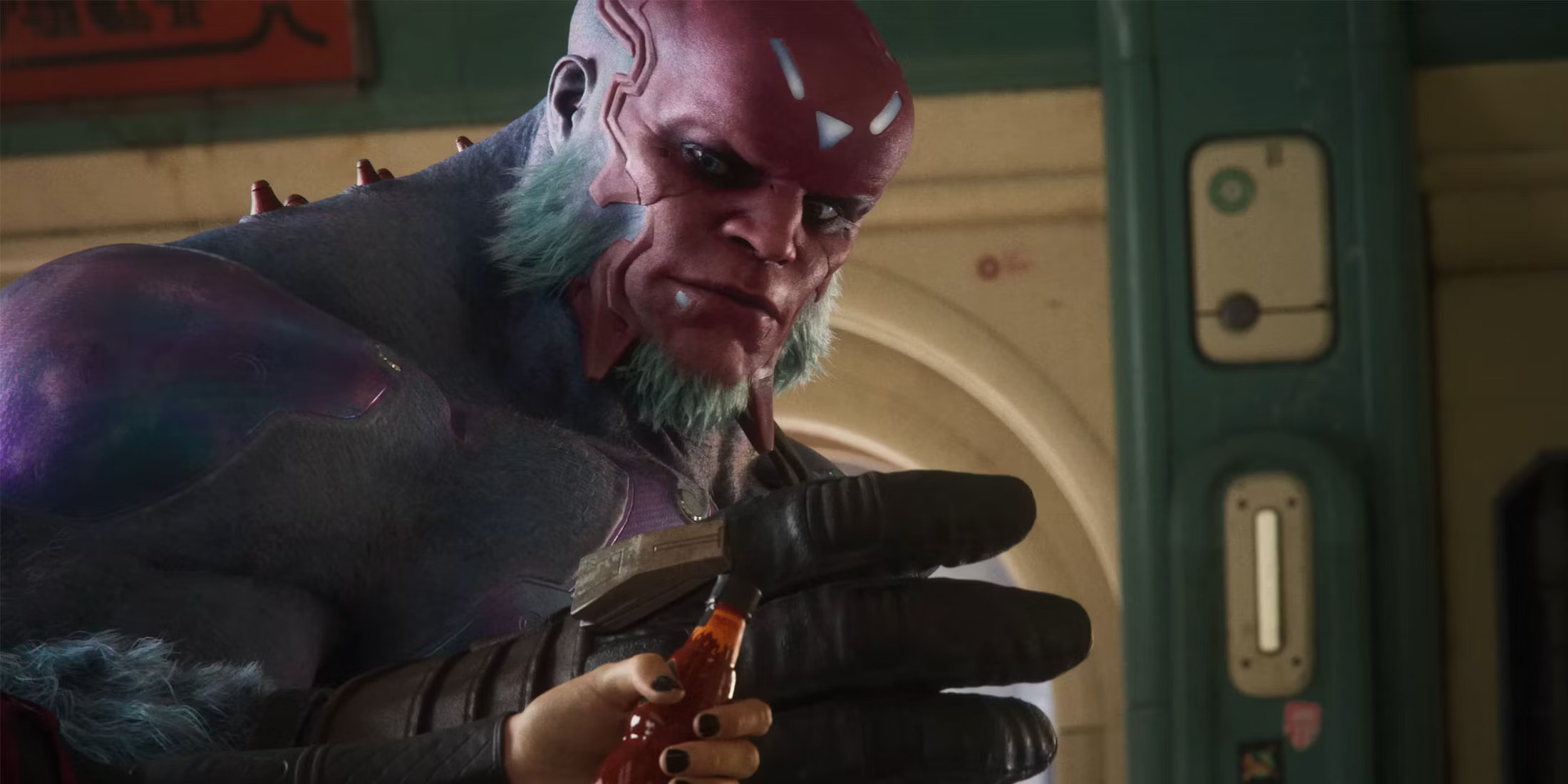It was clear that Sony was headed for a significant loss with Concord, considering its enormous budget, poor player turnout, and unprecedented early shutdown.
However, new information suggests the situation may be even worse than initially thought.
According to a report by Colin Moriarty of Sacred Symbols, based on a source who worked on Concord, the game’s budget exceeded all expectations, reaching a staggering $400 million, divided into two phases of development.
By the time the game reached its alpha stage, $200 million had already been spent. It remains unclear how much of that amount came from the original owners and investors versus Sony’s contribution.
From 2021 to the game’s 2024 launch, Sony invested an additional $200 million.
When the game was shown in its alpha stage, it was reportedly in such poor condition that Sony felt it necessary to pour in that much more just to bring it to a “minimally viable” product.
A major expense involved outsourcing large parts of the game to other studios. By the first quarter of 2023, critical aspects such as onboarding and monetization had not yet been developed.
This might explain the pricing strategy and absence of “battle passes,” rather than it being a deliberate choice to shift the model. It could also account for the poor quality of the earned cosmetics.
The ongoing cost to maintain the game would have run into millions of dollars per month. Concord represents the most expensive game Sony has ever released and its largest financial loss to date.
While other games currently in development may have higher budgets, in terms of completed projects, Concord holds the record for being the costliest. It’s considered a complete loss.

Concord was initially envisioned as “the future of PlayStation,” with grand comparisons made to Star Wars. There were ambitious plans for the game to cross into multiple media platforms, including involvement in Amazon’s Secret Level series.
Internally, a “toxic positivity” culture pervaded, where criticism of the game was not allowed. Even aspects like character design couldn’t be meaningfully altered. No one was able to steer the project in a different direction.
This project was described as the “baby” of Herman Hulst, CEO of Sony Interactive, who championed the game extensively.
Some of this still feels baffling, even aside from the immense budget, which in the world of AAA game development is somewhat believable.
But how does a company, after seeing a game in a “laughable” alpha state two years ago, frantically outsource work to get it finished, and still believe it is the “future of PlayStation” or that it could become a Star Wars-like franchise?
Such lofty comparisons have been made before, like with Bungie’s Destiny, which succeeded and has thrived for a decade. Concord, by contrast, lasted only two weeks.
This scenario reflects the confirmed reports of “toxic positivity,” where even if the project’s failings seemed obvious, no one was allowed to say it out loud—especially not when the game was so heavily supported by the head of Sony Interactive.
Investing this much hope in a poorly performing game arguably raises questions about whether such leadership is fit for the role.
The head of Firewalk, the studio behind Concord, has already stepped down, and it seems unlikely the team will survive.
The studio may either be dissolved into other parts of Sony or shut down entirely. This could go down as the biggest financial disaster in video game history, and accountability is essential. The blame should not fall on the rank-and-file workers in this case.